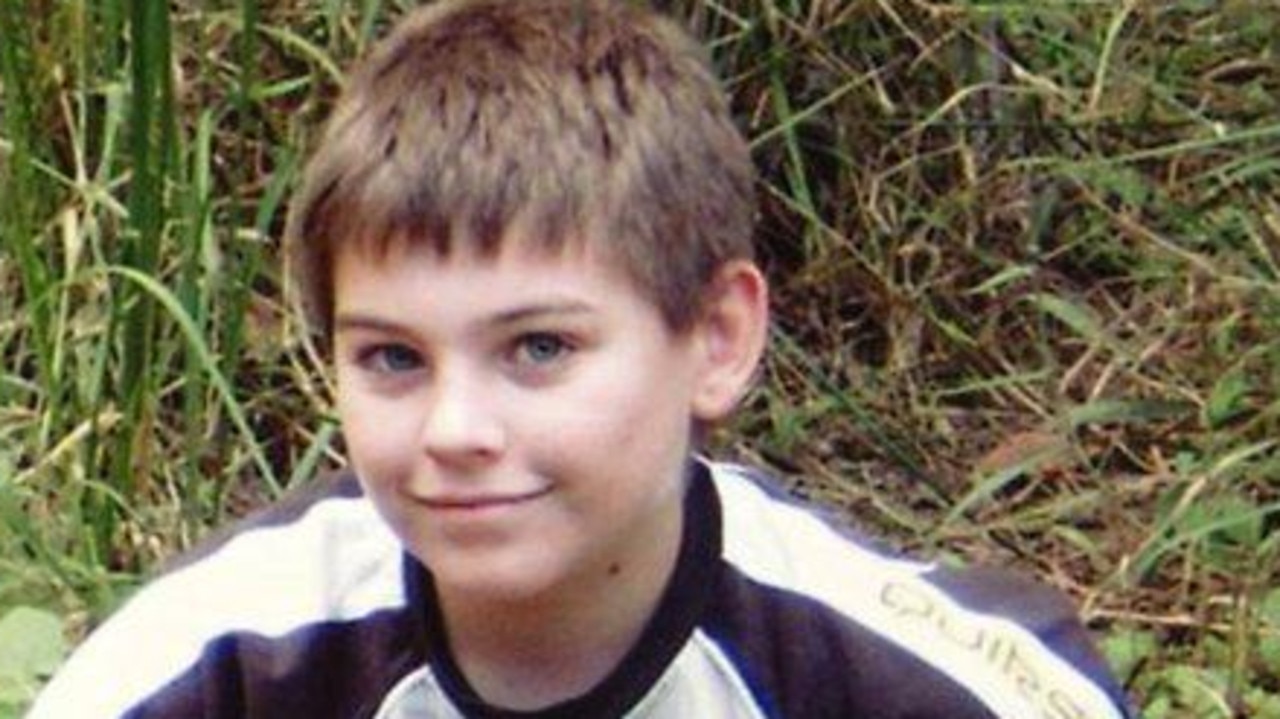Hidden epidemic jeopardising ‘a generation’ of children
In the two years since the first waves of lockdowns closed schools across the country, some students have missed 50 per cent of their classes.

A generation of schoolchildren “paralysed” by social anxiety are at risk of being left behind, experts have warned, as the number of students skipping school grows.
Once high-achieving students are finding themselves unable to attend regular schooling due to their anxiety, with many forced into alternative teaching or reclusion.
Melbourne high school student Sarah Turner was an A-grade student, popular and motivated, when Covid lockdowns forced children across the state out of school.
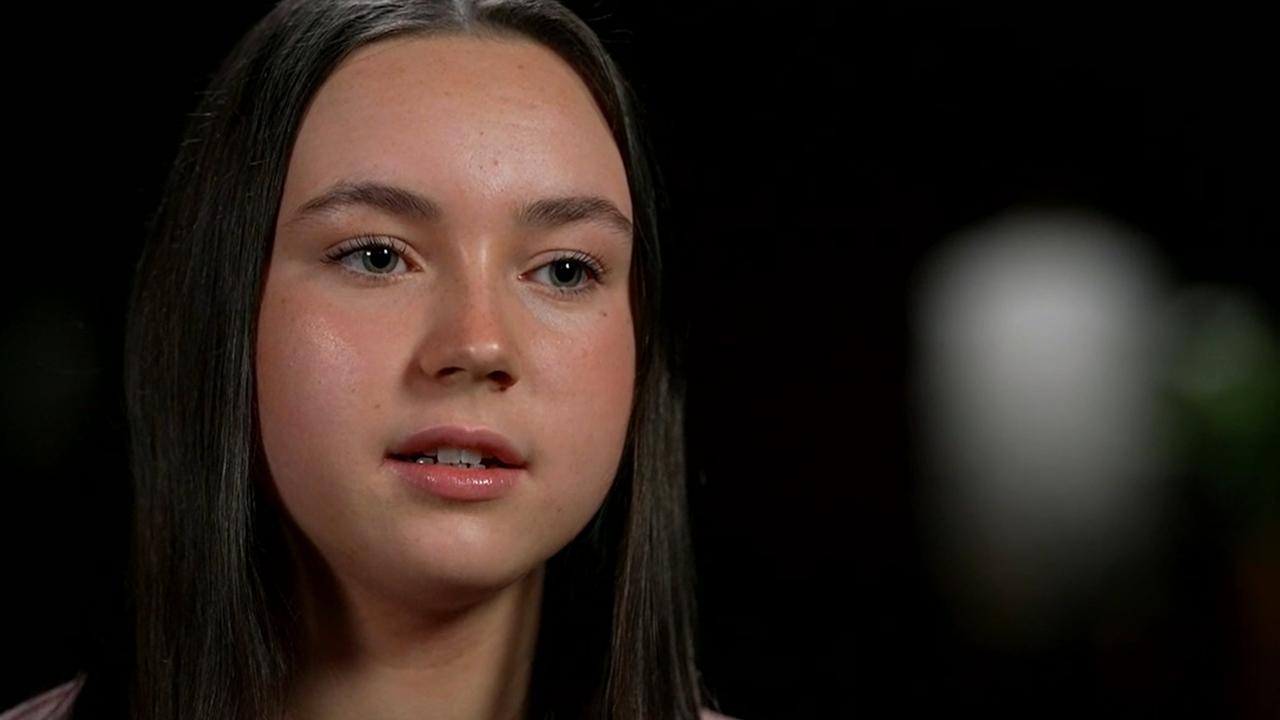
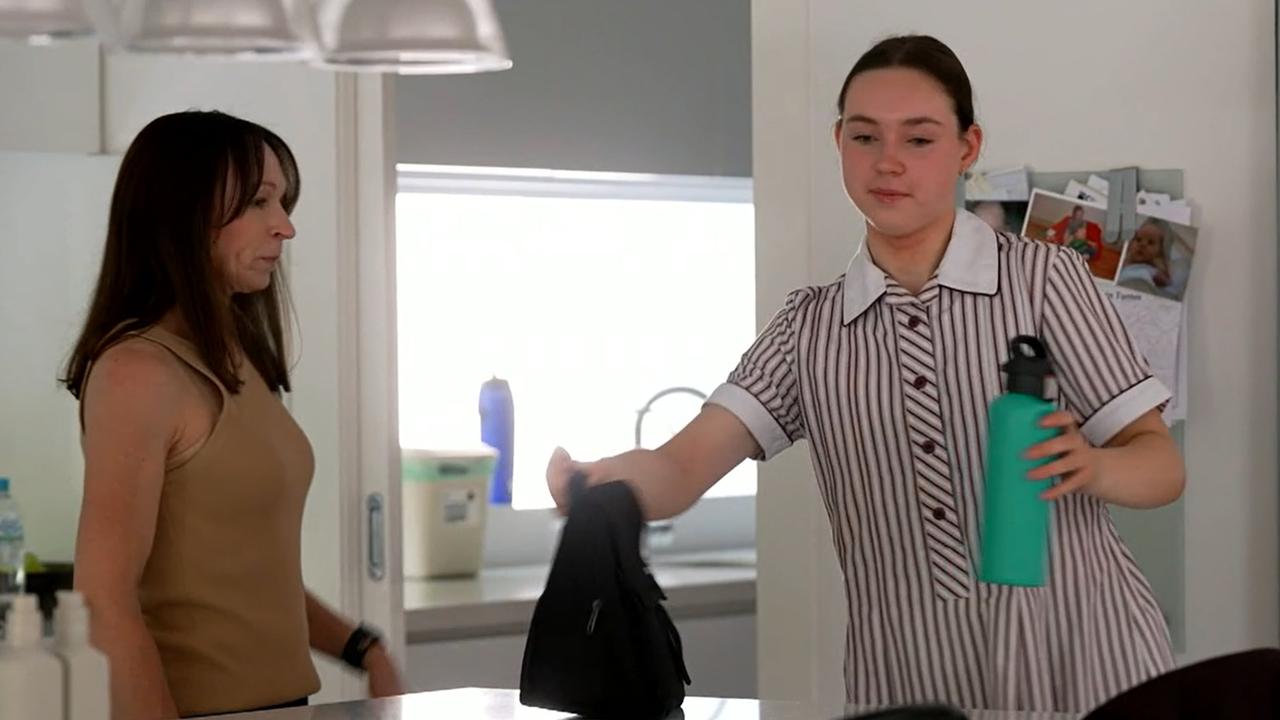
“I was very, like, outgoing and did a lot of things before the lockdowns,” the 16-year-old told Channel 9’s A Current Affair program on Sunday.
“It wasn’t until the lockdowns, where we were at home a lot, that I started not wanting to go out and in fact getting really anxious about going out.”
In the two years since the first waves of lockdowns closed school across the country, Ms Turner believes she has missed as many as half of her classes.
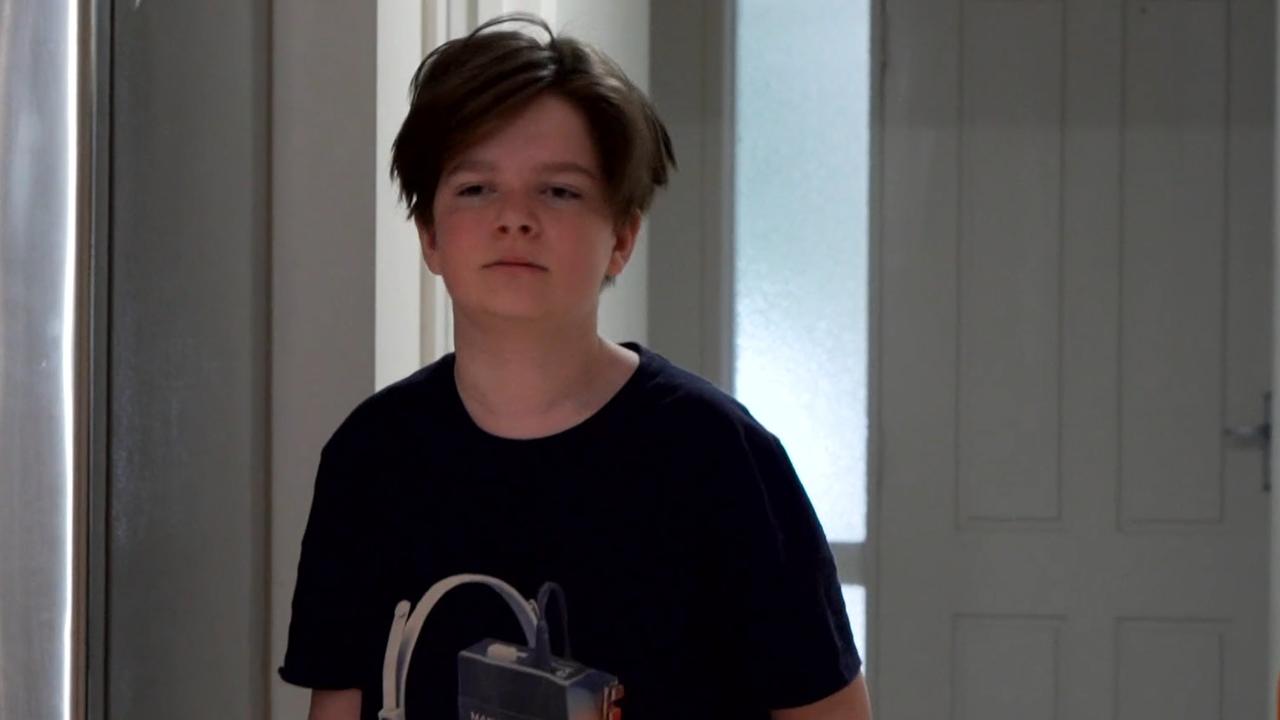
“It felt like it was kind of impossible to go to school. It wasn’t, like, a choice kind of thing. It was like, I just felt like I physically couldn’t go,” she said.
“Some of my hardest days, I’d just be having panic attacks all morning … Even if I’d get to school in the car, I couldn’t get out … I felt like, frozen.”
Ms Turner’s experience isn’t unique among the state’s young students. Melbourne student Gabby, 13, now studies at home, unable to face going to school.
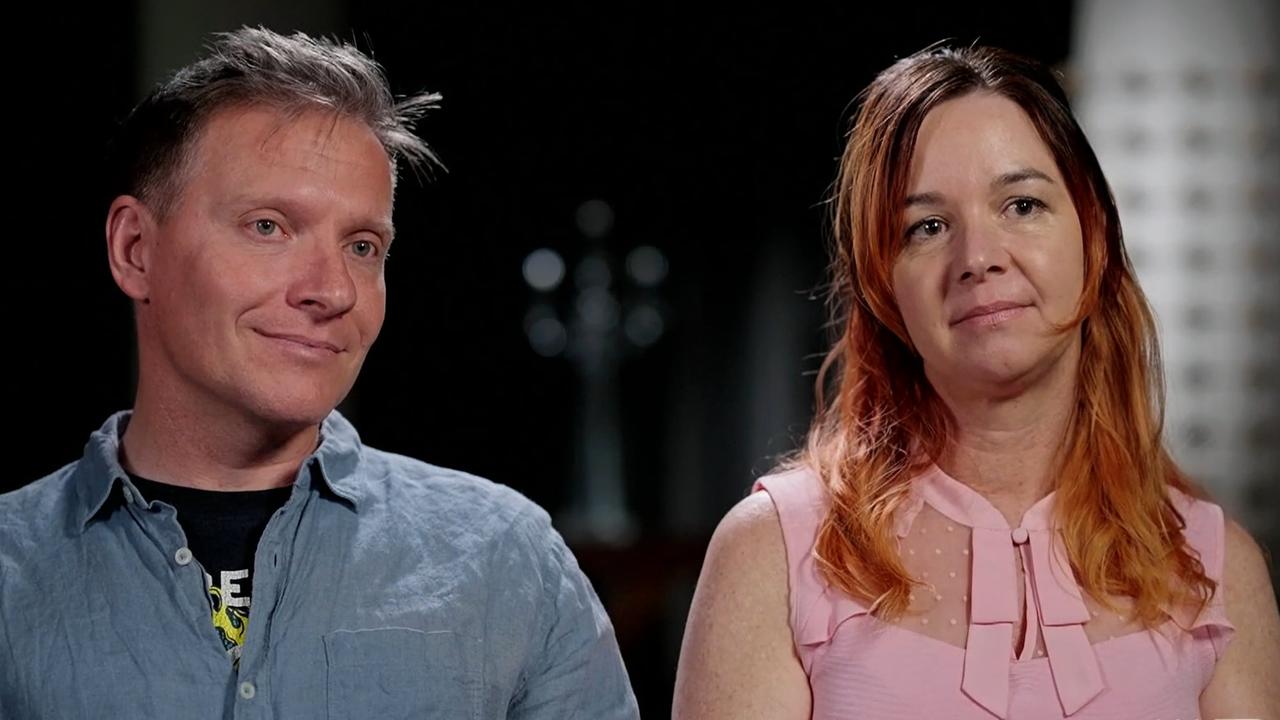
“He gets ready, we get into a car, I’ll drive him, and he just wouldn’t get out of the car. He goes into a really bad case of anxiety,” mum Kristelle told A Current Affair.
“I guess, you could call it an episode … he bangs his head against the car seat. It’s not a good experience … He’s missed over 80 days of school.”
Social worker John Chellew told A Current Affair children like Gabby were not avoiding school as much as they were simply “unable” to go.
“Kids with anxiety-based school avoidance really struggle with social anxiety and really find it difficult to get out of home, into school,” he said.
“It’s really an issue that affects kids age five through to 17, school age, from all walks of life and from all neurodiverse and neurotypical backgrounds.”
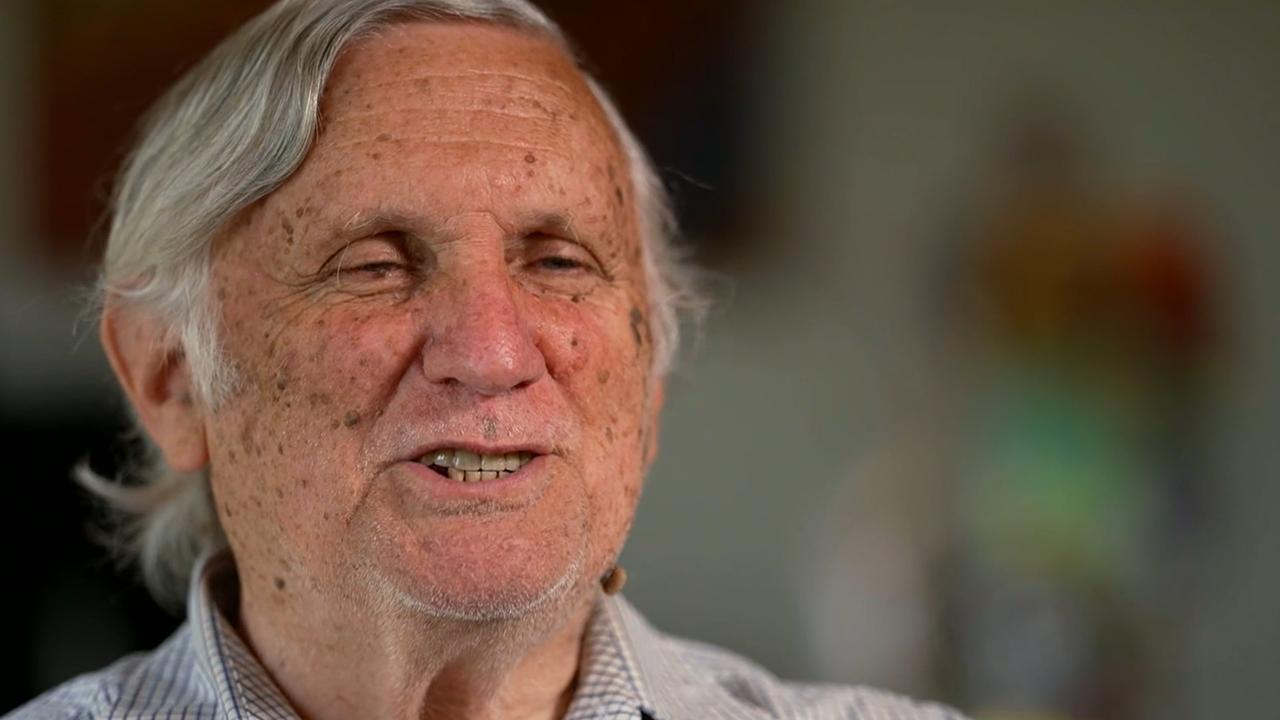
The cause of the worsening issue among the nation’s school-age children is a topic of debate. Some teachers blame phones and social media, others blame parents.
Children’s book author and principal at alternative Melbourne school Candlebark, John Marsden, said children were more “supervised and scrutinised” than past generations.
“The lives of these children are becoming far more intense and far more claustrophobic. That’s making it difficult for them to cope when they’re put in a different environment,” he told Nine.
Mr Marsden, whose school has banned phones in the classroom, said the style of parenting had a considerable influence on whether a child would cope at school.
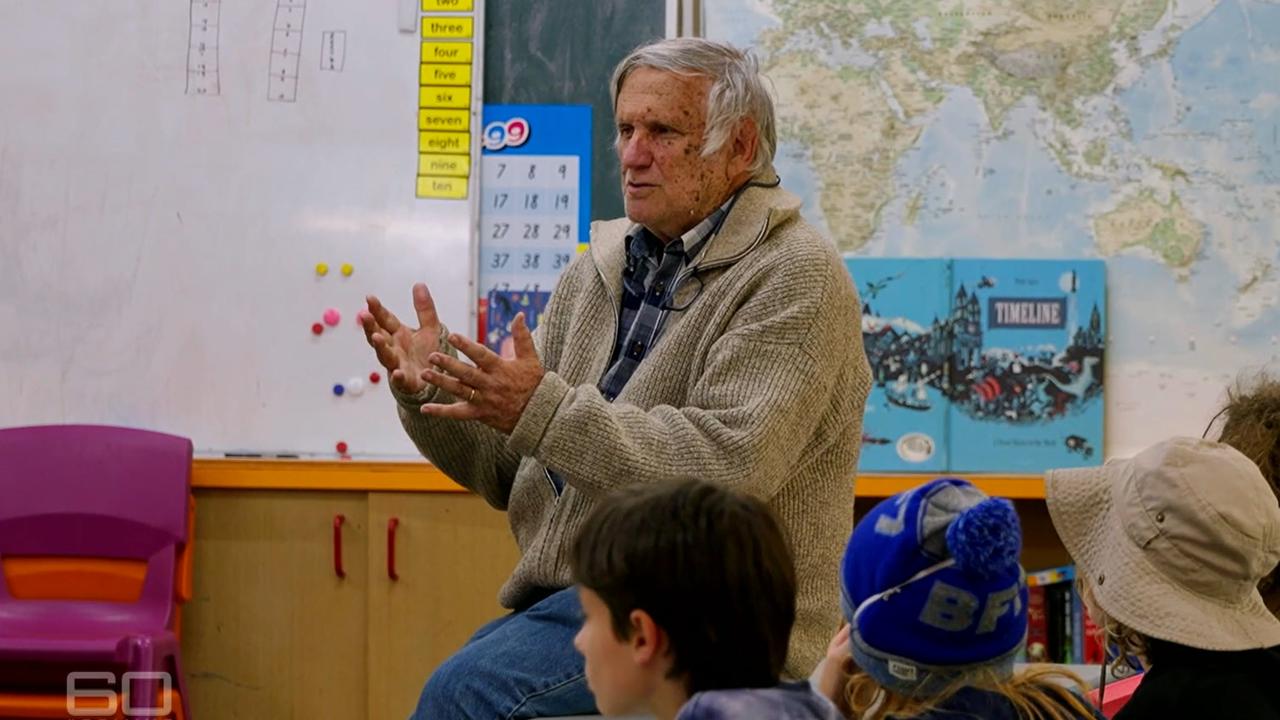
“I think there is a pandemic of child abuse in Australia, which no one will confront or talk about, but it’s invisible because it’s not abuse of the body,” he told Nine.
“People are clothing their children adequately … or they are looking after their food and they’re looking after their schooling. But, what’s happening is damage to the inner self.”
Former public school teacher and Canberra Greens senator Penny Allman-Payne disagreed, stating that the issue isn’t with parenting or social media but was instead “systemic”.
“Young people have waited for a very long time to get a fully funded and properly resourced education … we are really selling short the young people in this country. We’re letting them down.”
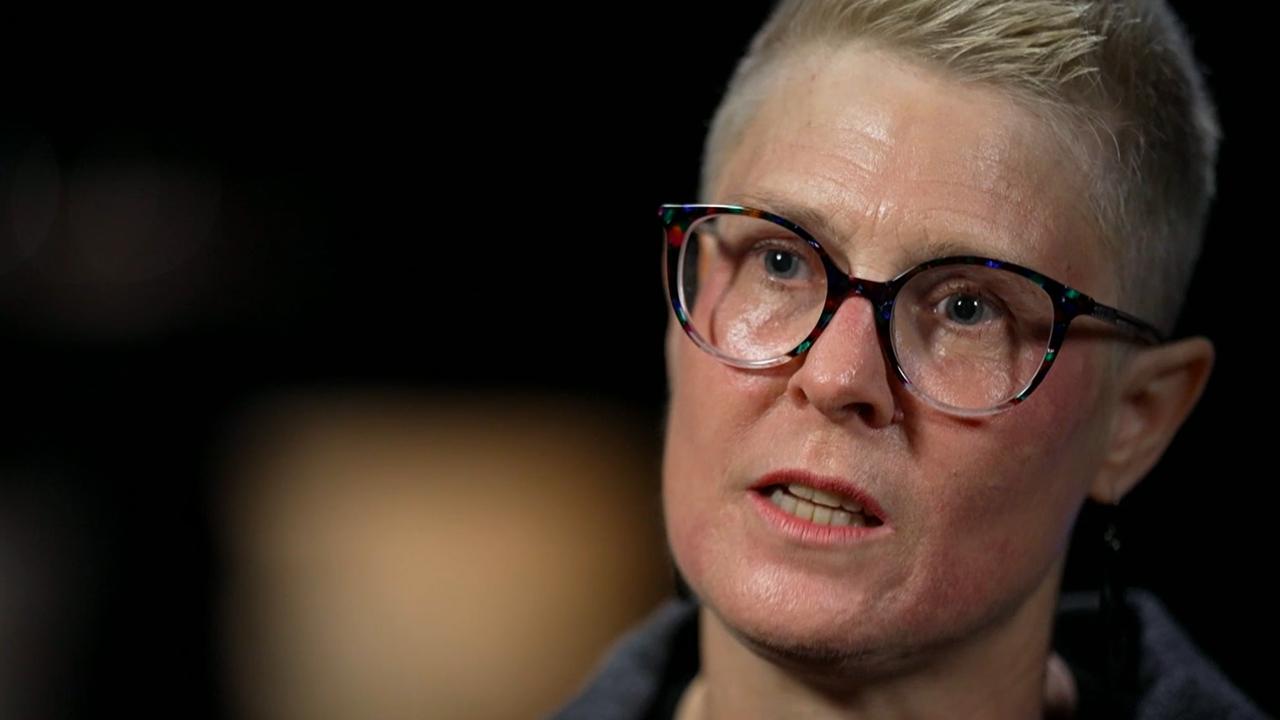
Earlier this year, Senator Allman-Payne sat on a parliamentary inquiry into school refusal. The new wave of attention comes as a relief to parents struggling to help their children.
“I haven’t been able to go back to work. I was pretty much 24/7 carer besides just being her normal mum and became a bit of a mind coach for her,” Ms Turner’s mother, Kirsty, said.
Gabby’s mother Kristelle added: “I think it’s good for people to understand that it’s not just some kid being naughty. You know, he’s not just misbehaving … It’s more than that”.


